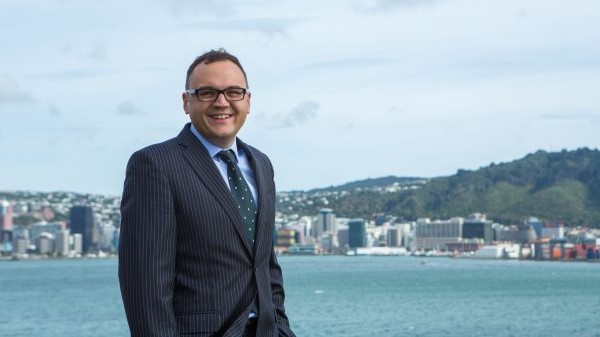Severe weather underscores the need for better roads

Severe weather has caused calamity for communities around the country over the past few weeks. Marlborough and Nelson have been especially hard hit. The trip from Blenheim to Nelson on SH6 usually takes about two hours; the Lewis Pass alternative that has been in place took over 11 hours on one day. In the Far North, SH1 the Maungamuka Gorge to Kaitaia looks like it will be closed permanently. Taranaki continues to have roading issues due to long term under-investment in maintenance.
Road closures have a massive impact. Think about what they do to driver hours, fatigue, delays, and the ability of freight to move up and down the country.
Climate change is certain to have an adverse impact on our infrastructure, and we need to be buckling up for more of them. When you have infrastructure that is just not in a condition to cope with severe weather because less money has been spent, and materials probably are not up to the standard that we expect, then there just isn’t the resilience to cope with more frequent and more severe extreme weather.
The quality of our roads and the infrastructure that we drive over have been run down for a long time. Many drivers tell Transporting New Zealand that the quality of our roads has never been worse. They are also feeding us information from places like Nelson and Tasman where shingle hasn’t been removed from rivers, which results in huge volumes of water having nowhere else to go but through a bridge.
There is a little bit of good news, however. Waka Kotahi has taken our industry issues seriously; the agency asked for and got $400 million extra for roading maintenance in this year’s budget. Unfortunately, when you have had such a maintenance mountain for so long and when you also have a shortage of people to do the work, your capacity is reduced. It takes a long time to dig yourself out of that hole.
Transporting New Zealand is engaging on these issues with Waka Kotahi and will be reporting to you on the picture we receive. Patience is required. There are no quick fixes. If it takes 15 years to expose a problem, it can’t be overcome in a year. We might well require a higher standard of roading build and maintenance to cope with climate change. It’s not just about the money. We also must be on the ball to name and frame what the industry expects the road builders to provide for us, and then ensure that the budgets that the road user charges fund are used to prioritise those key freight routes.
It is also worth bearing in mind we’ve got other supply chain constraints as well as road transport, such as shipping and international ports, and even manufacturing and production. At every point, there are significant disruptions that cause delays. Massive labour shortages across the developed world are compounding them. Sometimes the food and the goods you want are not there at all.
Economically, we are now at a point where we can least afford for productivity to slow, because growth is the best way to fight inflation. It’s going to be hard for New Zealand and many countries to do that and this is where the story of our industry becomes so important.
New Zealand is not alone in facing economic problems; what we have to do is to work out local solutions and how to get out of it. We’ve talked a lot about the need to attract new people into the industry. The diversity programme that Transporting New Zealand is running with Teletrac Navman is all about fantastic younger leaders opening the door for more diverse groups of people to join the industry. It feeds into our traineeship and together both initiatives are important to demonstrate there are fulfilling careers and decent pay for those who wish to work with us.
- Nick Leggett, Ia Ara Aotearoa Transporting New Zealand





